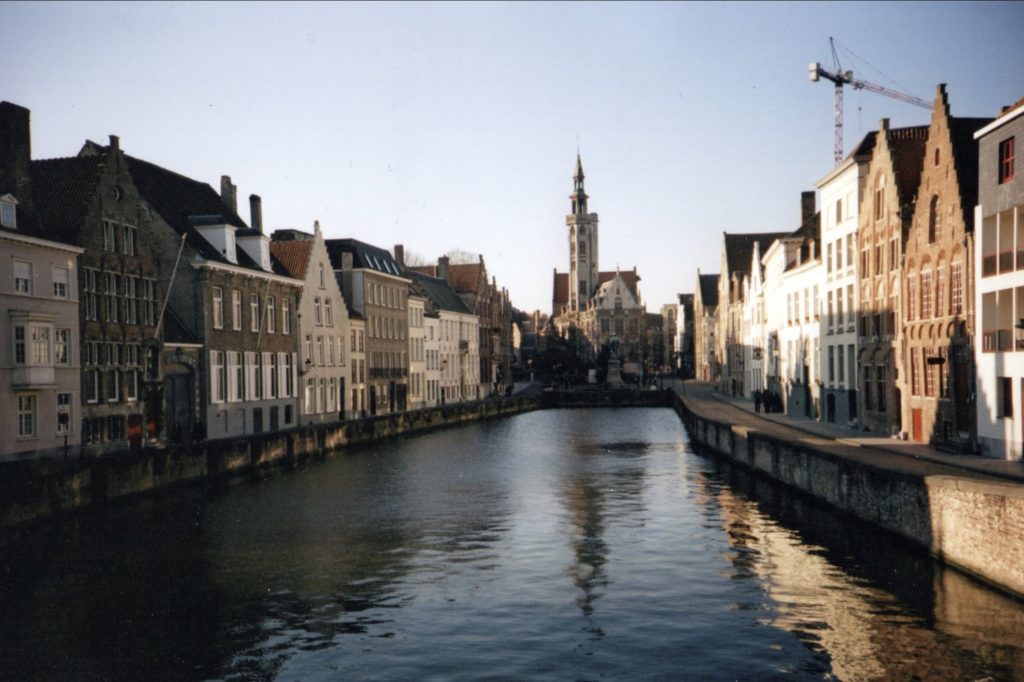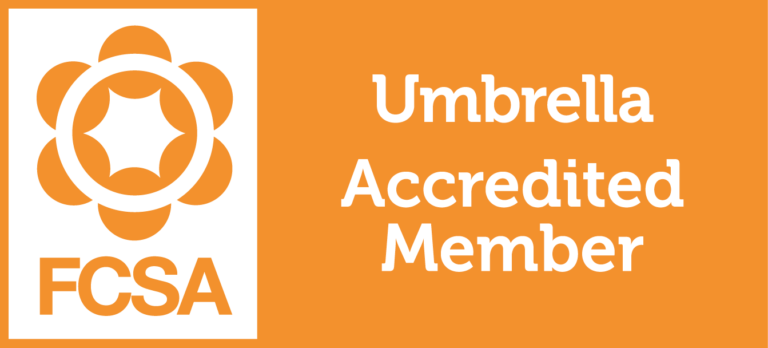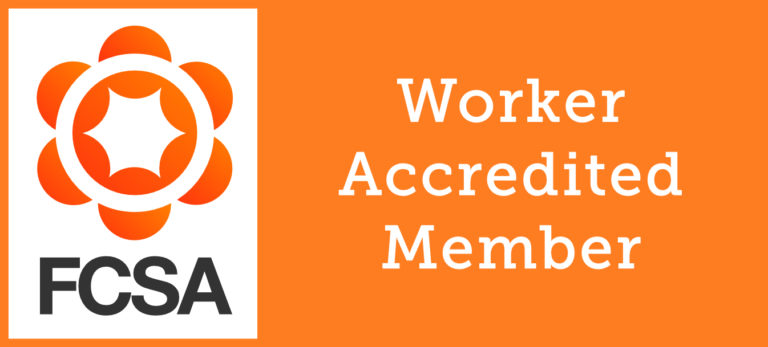
The Covid-19 pandemic, rapid technological advancements and increasing globalization are predicted to drive international workforce shifts from 2021 onwards. Forbes projects that by 2025, 70% of the workforce will be working remotely at least five days a month, major global companies such as Twitter, Hitachi, Fujitsu, Deloitte, Coca-Cola and Ford have publicly committed to new home working options, and only 1 in 10 companies expect all staff to return to the office full-time from 2022 onwards.
The ability to work anywhere is launching new appetites for international travel and cultural experiences through work – meaning contracting around the world is set to rise. Here Generate’s contractor management specialists reveal the necessary information for individuals interested in contracting in Belgium.
Everything You Need to Know Before Moving to Work in Belgium
1. Visas & Work Permits
EU and EAA citizens, and citizens from Switzerland, Norway, Iceland and Liechtenstein, will not require work visas to take up employment in Belgium. Those wanting to work in permanent roles or on contracts longer than 3 months must apply for a registration certificate. EU nationals working in Belgium are entitled to ethe same employment rights, working conditions, tax and social security conditions as Belgian citizens, and their families have the right to reside in Belgium with them.
Following the UK’s departure from the EU, any British citizens wanting to work in Belgium – and any other overseas national – must apply for a Belgian work visa.
Preferential visas are available for those working in occupations of national shortage. The country has an urgent demand for skilled professionals including:
- Engineers & Technicians
- Project Managers
- Architects
- Accountants
- Nurses and Midwives
- IT Specialists, particularly Designers and Analysts
- Teachers
- Administrative Staff
- Mechanics
- Building, Construction & Maintenance Specialists including Mechanics, Electricians and Plumbers.
Foreign nationals who want to be self-employed in Belgium must hold a professional card and follow various steps to comply with working law. These steps will vary depending upon which of the three Belgian regions – Flemish, Brussels or Wallonia – that a self-employed individual wants to work within.
2. Pay & Tax Rates
Whilst Belgium taxes all residents on their worldwide income, irrespective of their nationality, non-residents are only taxable on their Belgian-sourced income. (Expats can only qualify for residency status after living in the country for five years and completing specific documentation.)
Personal Income Tax (PIT) is calculated by determining the tax base and assessing the tax due on that base. Tax is charged on a sliding scale to successive portions of net taxable income, which can change from year to year. The tax rates for 2021 are currently:
- 25% on income up to €13,540
- 40% on income between €13,540 and €23,900
- 45% on income between €23,900 and 41,360, and;
- 50% on income above €41,360.
Tax rates are the same for resident and non-resident taxpayers, but some deductions or tax rebates are only granted to non-residents, provided that they earn at least 75% of their worldwide professional income in Belgium. Find out more about tax in Belgium.
Although the cost of living is higher than in many countries, Belgium offers a much more affordable quality of life than most other regions of Western Europe. Living costs in Belgium usually vary between €700 – €950 per month, with renting a small apartment or studio costing around €600 – €700 per month. Whilst all major cities offer similar rental prices, Bruges is the cheapest city in which to rent an apartment for a family. Trains and buses are the cheapest and most convenient travel options available, and many visitors and residents rent second-hand bicycles to get around the cities.
3. Finding a Job in Belgium
Whilst Covid-19 impacted Belgium in much the same way as the majority of countries around the world, both the Belgian and European Governments are very optimistic about post-Covid economic growth. The European Commission has predicted that the nation’s annual GDP growth will reach 3.9% in 2021 and 3.1% in 2022, reflecting Belgium’s strong position as a trade hub. With a growing economy based on both industries and services, there are a wealth of opportunities to take advantage of in the coming years.
A number of large global companies with major bases in Belgium include:
- NATO
- European Parliament
- Procter & Gamble
- The Big Four Consultancies (KPMG, EY, Deloitte and PwC)
- Toyota
- IBM
- Accenture
- ING
- Lidl
- BNP Paribas
- GlaxoSmithKline
- AXA.
Those with established skill sets and professional qualifications will find their expertise in high demand. Jobs and careers websites advertising the highest volumes and quality of job opportunities for expats include:
4. Enjoyable Experiences – Best Reasons to Live and Work in Belgium
- Workplace Happiness – Belgium ranks in first place on the 2020 Global Workforce Happiness Index. Beating much-desired countries such as Norway and Denmark, Belgium secures the top spot for high levels of job satisfaction, staff retention, career prospects and employer recommendations.
- Art & Culture – The nation boasts a rich cultural and artistic heritage. World-famous for its Renaissance art, Impressionism paintings and Art Nouveau architecture, Belgium is home to a plethora of museums and galleries. Belgium’s traditional cuisine includes internationally renowned chocolate and craft breweries. Visitors and temporary residents can enjoy many seasonal festivals, music events, carnivals and historical celebrations.
- Location – Belgium is ideally located in Western Europe, sandwiched between and neighbouring ideal travel destinations. Contractors can make the most of their free time by visiting France, Germany, the Netherlands, Switzerland and Spain, which are all under two hours away by plane.
- Multicultural Society – The country has three official languages: Dutch, German and French. The nation’s central European location and welcoming attitude to foreign individuals is complemented by a friendly atmosphere. The country is home to over 1million expats, and 8% of the population originates from another country, making for a multicultural experience.
Let Us Help You Contract Overseas
Looking to move overseas for your next contracting role? Generate’s experienced payroll and contractor management specialists are ready and waiting to help – contact us to find out how.
Not sure how to choose your umbrella company? Discover 5 Ways to Identify and Benefit from a Compliant Umbrella Provider.











